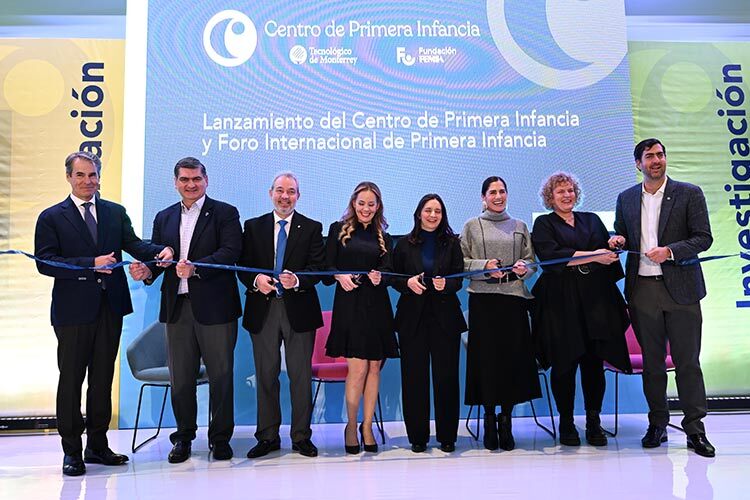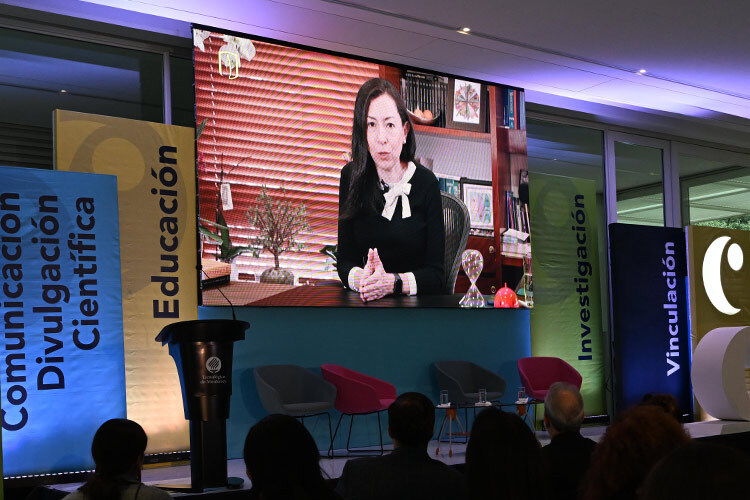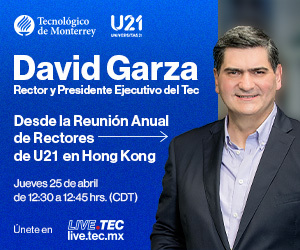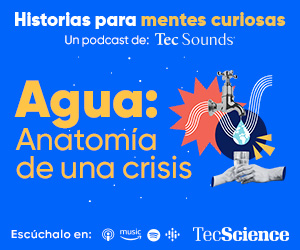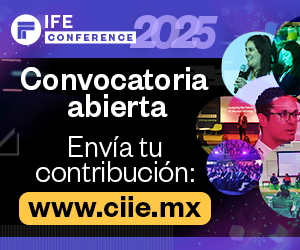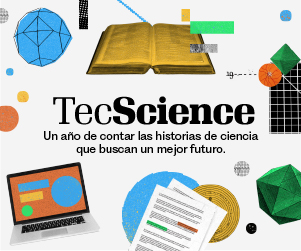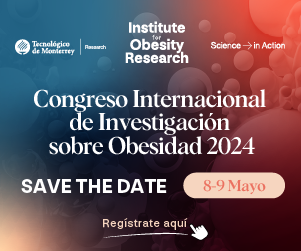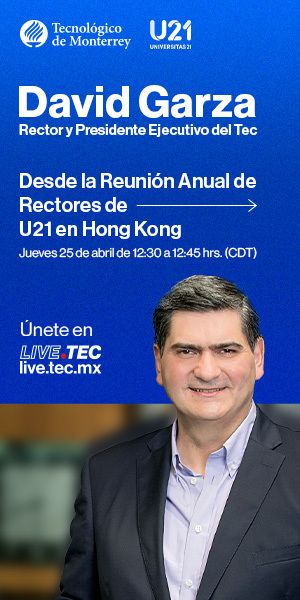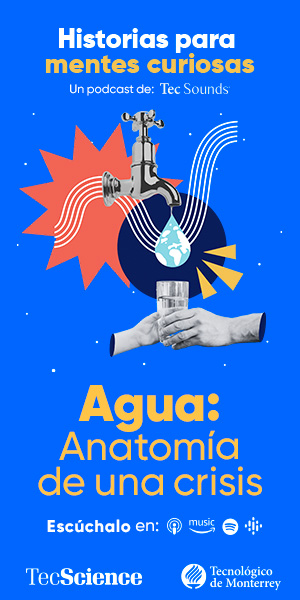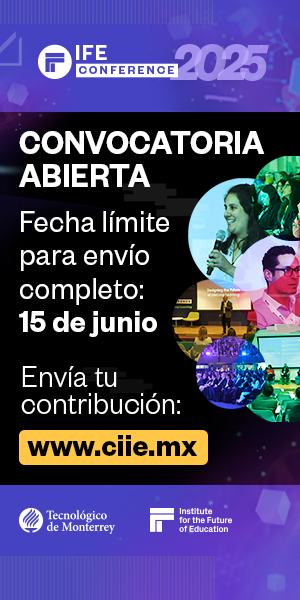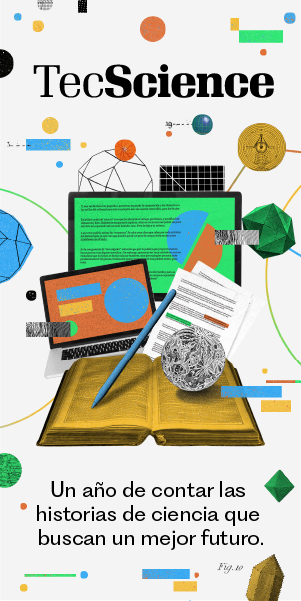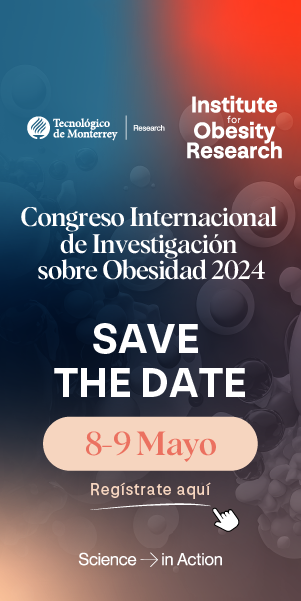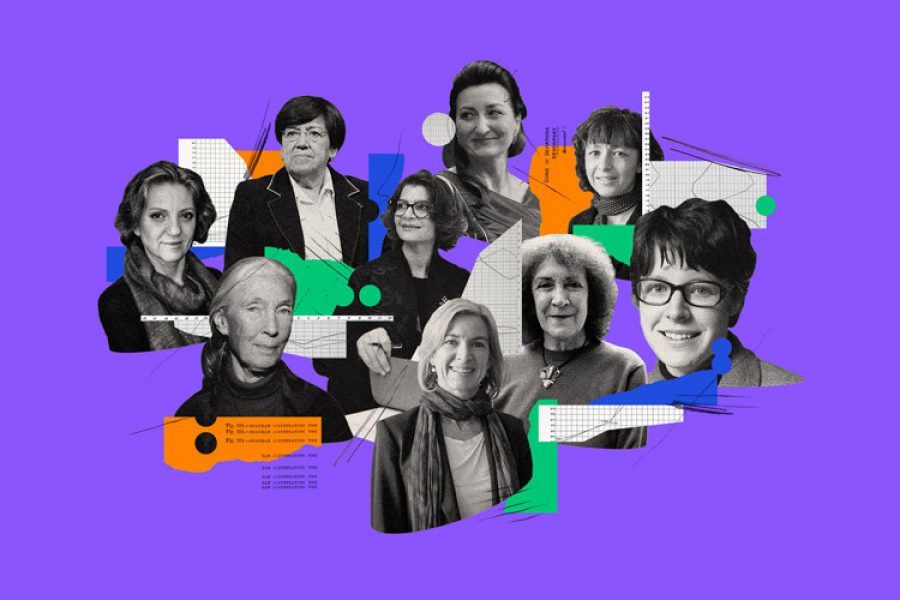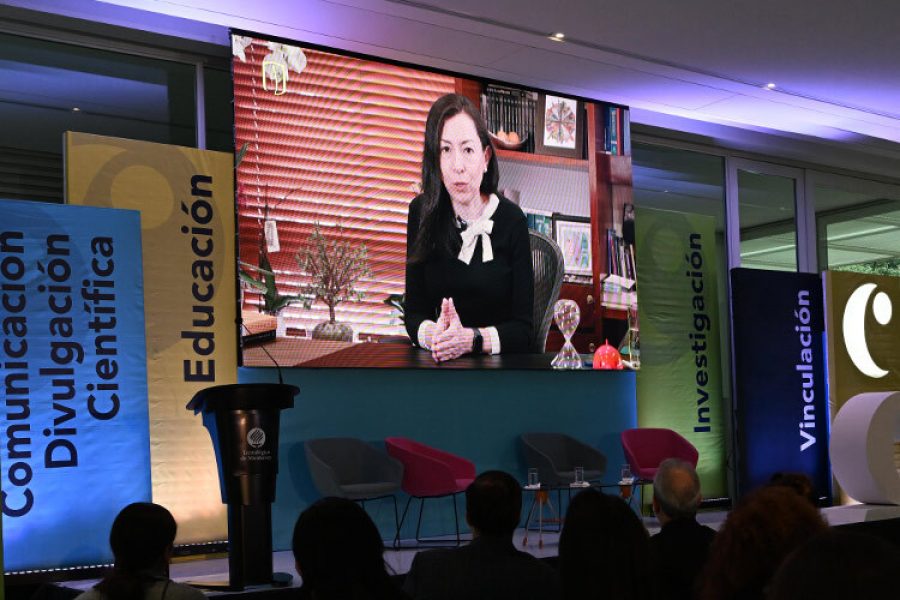The first five years of life are critical for children development. In Mexico, five out of every ten minors under the age of six live in ill conditions. Furthermore, the Organisation for Economic Co-operation and Development (OECD) notes that investment in early development might incentive prosperity in Latin American regions.
As a result, the Tecnológico de Monterrey announced the establishment of the Center for Early Childhood in partnership with the FEMSA Foundation.
The goal of this center is to promote early childhood well-being through transdisciplinary and applied research, information dissemination and transfer, coordination, and training of ecosystem critical actors to contribute to the creation and strengthening of public policies, programs, and evidence-based innovative and scalable solutions with regional reach.
“Addressing significant inequalities in early childhood opportunities through science is one of the best investments we can make for our society’s health and well-being. We aspire to mold people who have character, global vision, and an entrepreneurial spirit and with this center, we take on the task of contributing from an early,” stated Guillermo Torre, Rector of TecSalud and Vice President of Research, during the signing of the agreement, where he was also accompanied by David Garza, Rector and Executive President of the Tecnológico de Monterrey.
Furthermore, La Triada (an alliance integrated by Tec, the Pontifical Catholic University of Chile, and UNIANDES), will combine their efforts in order to create research and impact public policies on early childhood in Latin America.
In November of this year, the center will begin its work on the topic to promote overall well-being.
“We need to coordinate efforts to maximize impact with measurable results that can then be replicated and scaled up,” said Eva Fernández, FEMSA Foundation’s Social Investment Manager in Early Childhood.
Early childhood is the most important age
Fernández defined Early Childhood as the first five years of life following conception. Children’s brains are more susceptible to stimuli from their surroundings at this phase, making it a vital stage for child development.
Investing in this childhood stage is less expensive than attempting to reverse habits or unfavorable trajectories that were not addressed in the early years, making it more cost-effective and helpful for a region’s or country’s social advancement.
“Only 0.25% is invested in Early Childhood compared to nearly 20% in pensions,” said Adriana Gidi, Director of International Relations at Tec to TecScience in an interview.
The challenge is big since the effects of early childhood activities frequently take many years to become apparent, so it becomes necessary to develop methods for project continuation.
“It’s difficult when there are political cycles.” Governments come and go, but it is up to us, foundations, and universities, to raise our voices and demand that this be a permanent policy,” Bernal added.
The Tec de Monterrey and FEMSA Foundation Center
The partnership will boost the ecosystem including the three universities and the FEMSA Foundation with the establishment of the Tec de Monterrey Center for Early Childhood.
Adriana Gidi describes the four primary axes of the Tec Center for Early Childhood: Researcher, Facilitator, Trainer, and Communicator.
The Researcher axis consists of the designing and implementation of practical, interdisciplinary science in conjunction with international academics.
The Facilitator axis seeks to link many individuals and sectors concerned with the issue, such as organizations, civic associations, foundations, and governments.
The Trainer axis aims to develop educational programs, courses, and tools, as well as increase awareness in communities, among healthcare professionals, caregivers, and public officials, and to advocate evidence-based public policies.
Meanwhile, the Communicator axis focuses on communicating the center’s early childhood research, programs, and outcomes.
Furthermore, the center will pursue transdisciplinarity in the fields of health and nutrition, education and care, protection and safety, and suitable early childhood places and surroundings.
The Tec Center for Early Childhood will also work with other institutions, including Harvard University’s Center on the Developing Child.
“Our goal is to become the leading reference point in Mexico and Latin America, and to position the importance of Early Childhood on the agenda of discussion and action,” said Manuel Pérez, Dean of the School of Medicine and Health Sciences and Director of the Center for Early Childhood.


